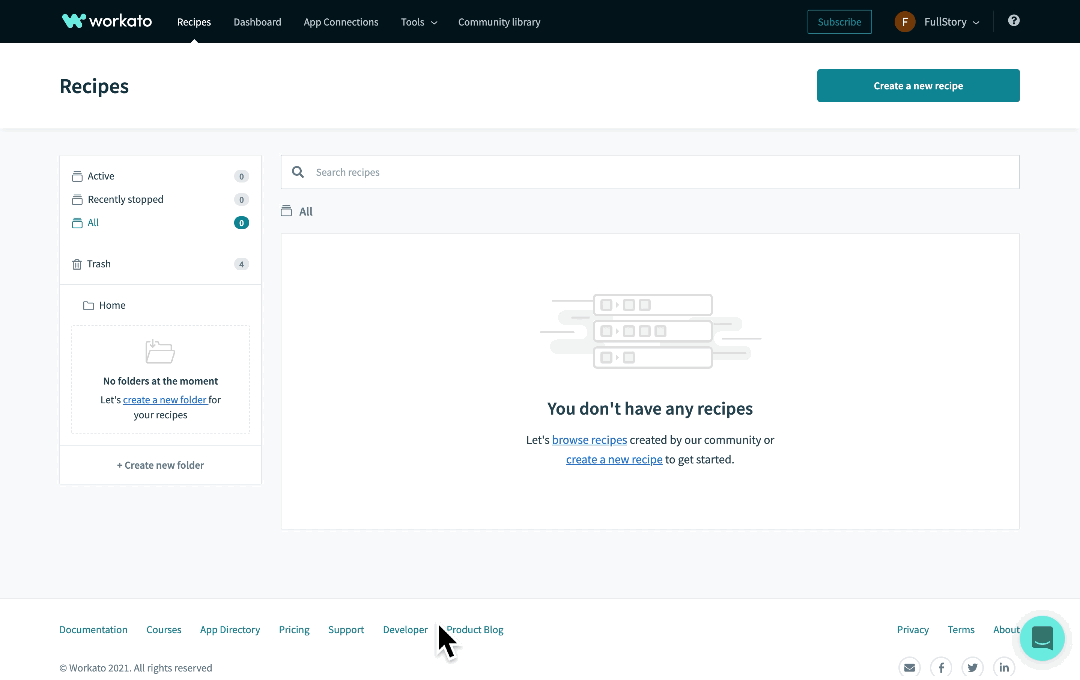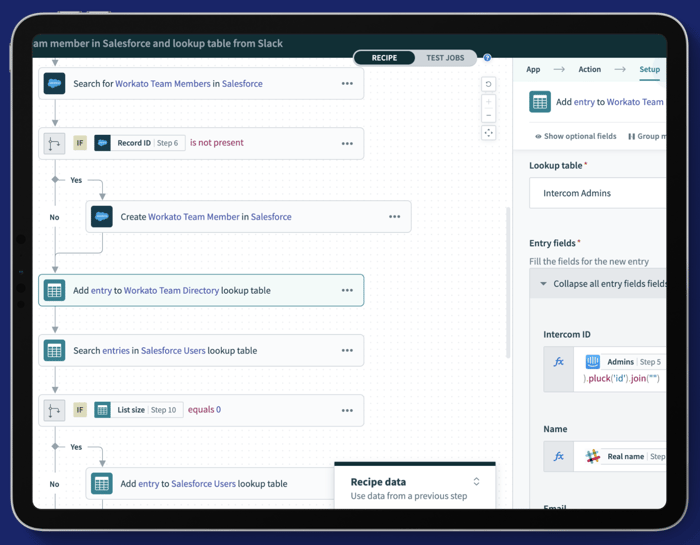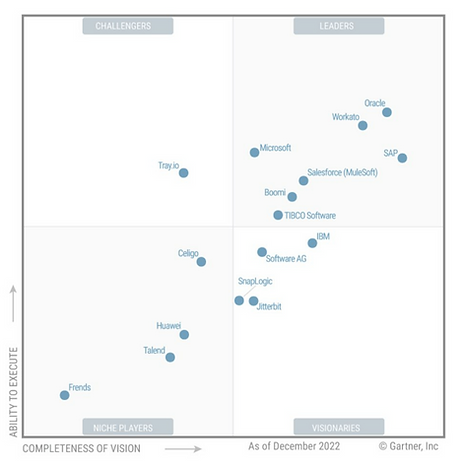Basics
What is iPaaS?
iPaaS, Integration Platform as a Service, is a cloud service designed to help organizations develop, execute, and manage integration processes in hybrid multi-cloud environments. By connecting applications, data sources, APIs, events, and devices, iPaaS facilitates smooth data flow and automates business processes. With iPaaS, businesses can synchronize data, integrate systems and people, and implement APIs.
The 7 key advantages of iPaaS to RPA:
- Objective: iPaaS focuses on seamless application integration, while RPA concentrates on automating user interfaces.
-
Scalability: iPaaS is typically cloud-native and easier to scale than RPA.
-
Maintenance: Integrations through iPaaS are more stable as they are less affected by changes to user interfaces.
-
Development Time: iPaaS can often be implemented more quickly.
-
Data Processing: iPaaS provides more robust tools for data integration and transformation.
-
Cost Efficiency: For extensive integration requirements, iPaaS can be more cost-effective.
-
Stability: iPaaS integrations are generally more durable and less susceptible to disruptions.
![]()
More technology to automate your processes
Artificial Intelligence
Process Mining
Robotic Process Automation (RPA)
Demo: Introduction to iPaaS
We've packed the basics of iPaaS into 30 minutes: What is iPaaS? How does it work? How do you get started? Which use cases are suitable for functional domains?

THE RISE OF IPAAS AS A TECHNOLOGY
-
Increased Automation in Businesses: IT megatrends such as Cloud, Mobile, IoT, Social, API, and Analytics bring forth new automation scenarios and requirements for enterprises.
-
Cloud Adoption: As businesses transition to the cloud and utilize SaaS applications, it makes architectural and technical sense to use an integration platform based on cloud-based solutions.
-
Larger Market: Most iPaaS providers have designed their solutions and adjusted pricing to make them more accessible for medium-sized businesses and business units. In contrast, traditional platforms like ESBs or BPM tools were often prohibitively expensive and required specialized skills.
Two properties are particularly decisive in explaining the widespread acceptance and growth of iPaaS:
-
Versatility: In contrast to traditional platforms that typically focus on a specific requirement (e.g., data integration), organizations can use iPaaS to address a variety of scenarios. These include application and data integration, process automation, partner integration, API publication, and event processing.
-
Support for a Variety of Stakeholders: By implementing a low-code development approach optimized by AI assistance, many iPaaS platforms not only facilitate the work of experienced integration specialists but also cater to a broader audience. Among others, application developers, SaaS administrators, business analysts, and in some cases even business users (e.g., departmental employees) can benefit from the advantages. This promotes overall acceptance among iPaaS buyers, regardless of the size of their organization.
Want to learn more about iPaaS?
Click on "To the article" or scan the QR code on the right to read our latest blog article.
You can look forward to an informative analysis of how iPaaS works and its target group. The special highlight of the article, however, is the iPaaS provider comparison. The main focus lies on providers whose technology is based on no code/low code.




.png?width=350&name=Untitled%20design%20(13).png)







